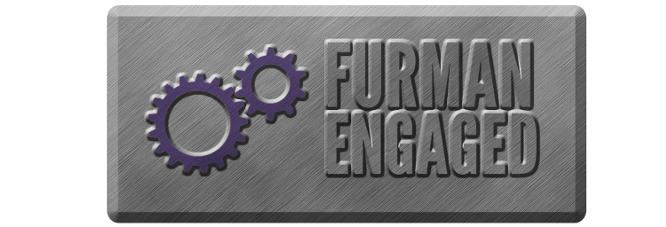Title
Sex Differences in Microgial Activation and Neuroinflammation On a High Fat Diet in Mice
Department, Center, or Institute
Biology
Secondary Department, Center, or Institute
Neuroscience
Presentation Format
Department Organized Oral Session
Presentation Type
On-campus research
Description
Obesity rates have been steadily rising in the United States, with related ailments such as type II diabetes and cardiovascular disease following swiftly on the upward trend. However, diabetes and other well-known comorbidities with obesity may only be the tip of the iceberg. It has been shown that consumption of a high-fat diet can create a neuroinflammatory response throughout the body. Microglia are suspected to play a considerable role in neuroinflammation in the brain, which is thought to possibly contribute to neurodegenerative disorders such as Parkinsons and Alzheimers. Few studies have researched the effects of a high fat diet between different sexes, and even fewer have investigated the consequences of hyper-activated microglia in the brain. In this study, male and female C57Bl/6 mice were fed a high fat diet or control diet for 14 weeks and then had their microglia evaluated in the cortex, hippocampus, and hypothalamus. Results showed that hippocampal microgliosis was increased for female mice fed the high fat diet approaching significance, but overall both male dietary groups had the highest number of activated microglia. Interestingly, hypothalamic microgliosis was decreased in female mice fed the high fat diet, which is supported by previous studies.More research is needed to confirm these data about the effects of a high fat diet on microgliosis.
Department Organized Oral Session Title
Neuroscience Program Talks Session I
Moderator/Professor
David Hollis, Biology and Neuroscience
Session Number
1
Start Date and Time
4-9-2019 9:45 AM
Location
Johns Hall 208
Recommended Citation
Buffalino, Renata, "Sex Differences in Microgial Activation and Neuroinflammation On a High Fat Diet in Mice" (2019). Furman Engaged!. 367.
https://scholarexchange.furman.edu/furmanengaged/2019/all/367
Sex Differences in Microgial Activation and Neuroinflammation On a High Fat Diet in Mice
Johns Hall 208
Obesity rates have been steadily rising in the United States, with related ailments such as type II diabetes and cardiovascular disease following swiftly on the upward trend. However, diabetes and other well-known comorbidities with obesity may only be the tip of the iceberg. It has been shown that consumption of a high-fat diet can create a neuroinflammatory response throughout the body. Microglia are suspected to play a considerable role in neuroinflammation in the brain, which is thought to possibly contribute to neurodegenerative disorders such as Parkinsons and Alzheimers. Few studies have researched the effects of a high fat diet between different sexes, and even fewer have investigated the consequences of hyper-activated microglia in the brain. In this study, male and female C57Bl/6 mice were fed a high fat diet or control diet for 14 weeks and then had their microglia evaluated in the cortex, hippocampus, and hypothalamus. Results showed that hippocampal microgliosis was increased for female mice fed the high fat diet approaching significance, but overall both male dietary groups had the highest number of activated microglia. Interestingly, hypothalamic microgliosis was decreased in female mice fed the high fat diet, which is supported by previous studies.More research is needed to confirm these data about the effects of a high fat diet on microgliosis.

